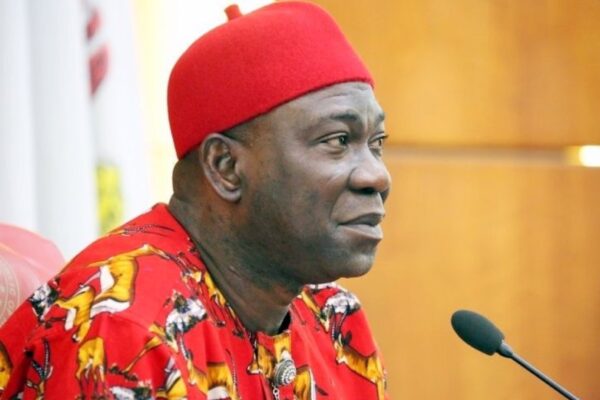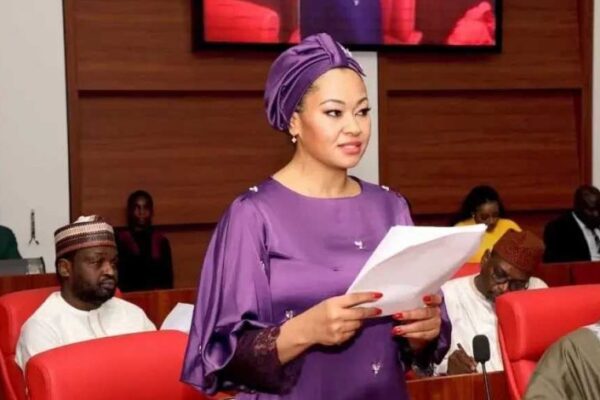
Adams Oshiomhole Says Tinubu Is Making Clear Progress In Tackling Insecurity
Adams Oshiomhole says President Bola Tinubu is taking concrete steps to strengthen Nigeria’s security system and that the situation is no longer as dire as it was before the APC came into power in 2015. He recalled a time when Boko Haram controlled several local government areas in the northeast and even forced the postponement of national elections. He argued that those conditions make today’s reality clearly different, even though insecurity has not been completely resolved. Oshiomhole noted that more suspects are now being convicted for terrorism but questioned why some judges issue light sentences despite the law prescribing the death penalty for certain offences. He insisted that judges should interpret the law, not amend it, and stressed that only the President is empowered to grant clemency. He credited recent gains to improved intelligence gathering and better coordination from the Office of the National Security Adviser. He added that Tinubu has shown commitment by changing service chiefs and demanding stronger responses to threats. Oshiomhole also said Tinubu instructed the Inspector General of Police to recruit 30,000 additional officers so that the police can resume policing duties while the military focuses on its core responsibilities. He revealed that, after the abduction of schoolgirls in Kebbi, the Senate advised the President to begin the process of adding 100,000 more personnel to the armed forces. He maintained that Nigeria’s population has grown far beyond the capacity of its security agencies, making expansion necessary. Although the insecurity challenge has not disappeared, he said arrests are being made, convictions are rising, and the President is actively driving efforts to rebuild the country’s security structure.








